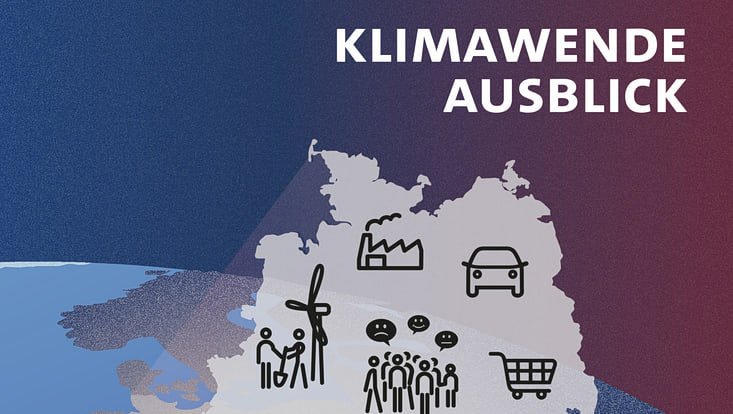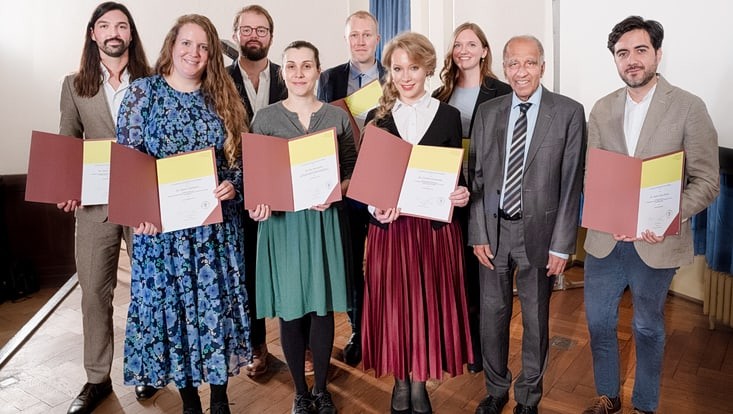and Society (CLICCS)
Open access web toolHow to Best Motivate Personal Climate Action
23 February 2024, by Franziska Neigenfind

Photo: Unsplash/Tyler Nix
Setting a good example, stirring fear, advocating scientific facts, or imparting self-efficacy—what is the best way to encourage people to take climate action? Aiming to find the right tone, an international team of nearly 250 researchers collected data to develop an online tool, which helps users devise the most promising strategy. With the Climate Intervention App users can find out what messages will work best with specific target groups. Prof. Moritz Drupp and Dr. Piero Basaglia from the Cluster of Excellence Climate, Climatic Change, and Society (CLICCS) contributed to the study.
Around 60,000 participants from 63 countries were surveyed. In an experiment, they were confronted with different information and communication strategies. They were asked, for instance, to address a letter to a five-year old—who will read this letter 25 years later—and report what they are doing right now to secure that child’s livable future. Another message described successful climate action examples from the past. The researchers also investigated the impacts of fear and anxiety. One of the test messages pointed to the horrors of climate change and the likelihood of human extinction. Another communication variant focused on climate change-related events in the participants’ home regions, such as heat waves or flood disasters.
Tailored messaging is a must
Nationality, social status, and personal views proved particularly decisive in framing climate messages that resonate with people. Although responses varied greatly, 86 percent of the participants acknowledged the dangers of climate change. Over 70 percent endorsed measures to fight climate change. Addressing personal issues was an effective means of convincing climate change skeptics from all countries. Writing a letter to a member of the future generation provided climate policy support with the strongest boost. The results also show that speaking to people’s existing and established values and convictions is key to effective communication. “Activists should primarily gear their outreach efforts towards the specific characteristics of their respective target group,” says Madalina Vlasceanu from New York University, USA, who headed the study.
Nonetheless, limitations became clear, as attitude changes did not result in actual behavior changes. These can only be achieved over a longer period of time. Effective policy, as well as encouragement, are helpful according to Prof. Dr. Moritz Drupp, a sustainability economics expert at Universität Hamburg. “Effective climate protection calls for informing and motivating the population in a targeted manner, for this will affect attitudes towards climate-friendly policies,” says Drupp in an interview with the Frankfurter Allgemeine Zeitung. “We cannot leave it at that and just hope for volunteer initiatives. This will not solve our climate problems. Effective climate protection rather requires political measures at the national and international level.”
Publication:
Vlasceanu, Madalina et al.: Addressing climate change with behavioral science: A global intervention tournament in 63 countries
https://www.science.org/doi/10.1126/sciadv.adj5778
Climate Intervention Web App:
https://climate-interventions.shinyapps.io/climate-interventions/

